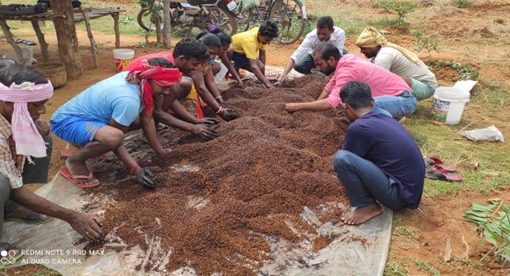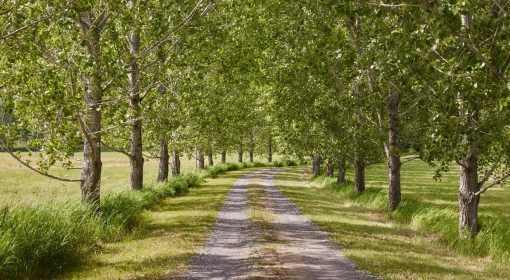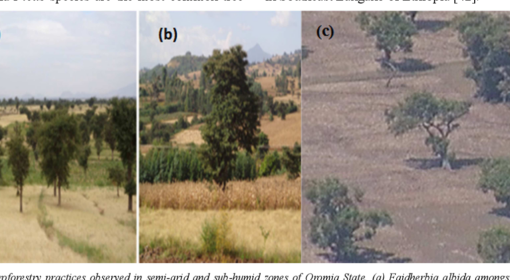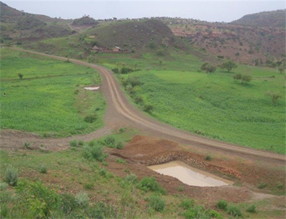Andrew Zakharenka, World Bank, Environment, Natural Resources and Blue Economy Global Practice
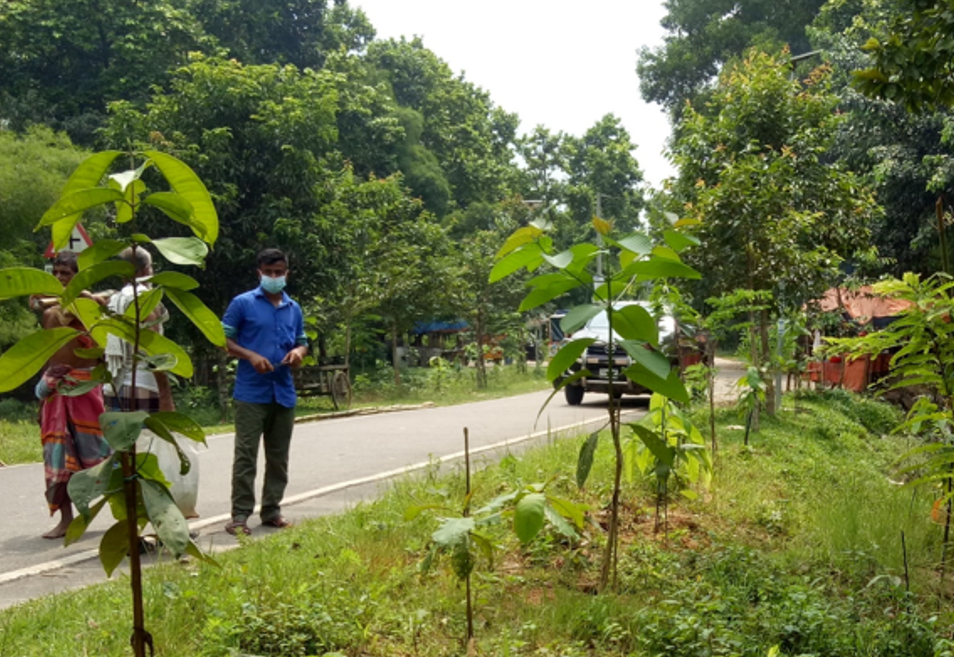
Bangladesh Forest Department, recognizing the importance of local communities in stewardship of natural resources and their importance for the livelihoods, initiated the Social Forestry Program in the early 1960s. Evolving, the program introduced Social Forestry Rules that provided a legal basis for sharing monetary and other benefits with participants of the program. The roadside tree planting and the trees outside forest are the two major components of the today’s Social Forestry Program in the country.
Some 19 million Bangladeshis are still dependent on forest and its resources for their livelihoods despite country’s rapid urbanization and sharp decline in poverty rates. Success in poverty alleviation saw the decline from 44 percent in 1991 to 14 percent of people below the poverty line in 2016. With declined forest areas and below the region-average proportion of land under forests (11 percent in Bangladesh versus 26 percent in Asia), the country is extremely vulnerable to climate change and natural disasters. Being among the most densely populated countries in the world, 70 percent of the population is still rural, heavily depending on the fuelwood as a major source of cooking energy, which accounts for 60 percent of total energy consumption.
It is now clear that the land, forests, and its resources are extremely valuable in Bangladesh and the number of people interested in forest and timber benefits are also large. Recognizing that, as well as scarcity of the land, the Bangladesh Forest Department entered into an agreement with Roads and Highways Department to use the land along local roads (right of way) for growing timber. The idea was to generate multiple wins through such program: grow timber valuable as a raw material for local small and medium saw mills and woodworking / furniture shops, provide significant income-sharing opportunities and other benefits for the communities looking after the strip plantations, capture carbon and provide stabilization of embankments, and more.
The way it is organized is the following. While the right of way along local roads remains in custody of the road agency, the planted trees are managed by the community members. Forest Department invests into a 1st rotation of trees, provides necessary convening and technical expertise, engages and organizes local communities for roadside tree planting. Each community participant (family) is entering into a 10-year MoU with the Forest Department, which details participant’s credentials, particular section of right of way, tree species for planting, management plan, conditions for harvesting and benefits sharing.
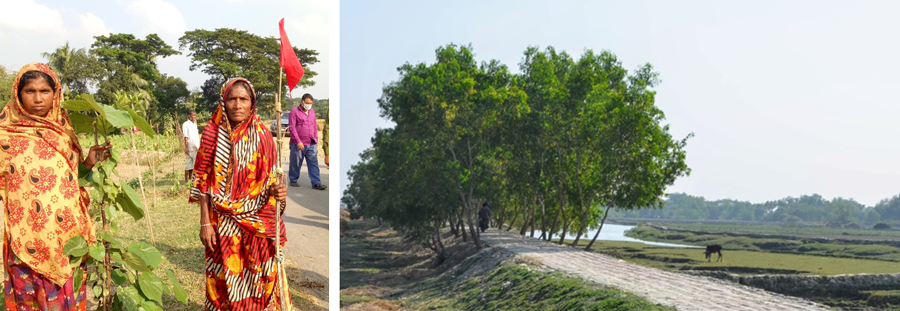
Forest Department also harvests the trees (usually after 10-year rotation period), sells the timber on auctions, and shares sell proceeds with the beneficiaries according to the Social Forestry Rule 2004. On average, a participant can receive between $3.5 thousand to $17.7 thousand over a 10 year period rotation of strip plantation. Established Tree Farming Fund receives 10% of sell proceeds for replanting after the 1st rotation.
The program has been a success and continues growing. Strip plantations (roadside trees) were established on about 73,223 km along local roads in total since the program was established. More than 700,000 beneficiaries/participants have been involved in the Social Forestry Program, of which 134.5 thousand participants are women. The country’s timber growing stock is 384 m cub m and 66 percent of it is accounted from trees outside forest and roadside tree plantations. The program is featured in the mainstream national development plan, with about another 15 thousand km of strip plantations that will be raised during the 8th Five-Year Plan period (2020-2025). World Bank’s Sustainable Forests & Livelihoods Project (SUFAL) has already established 3,665 km of roadside tree plantations during the first two years of its implementation to date. What is more important is that this program selects vulnerable members of the nearby communities, such as landless people, distressed women, the poor who would be getting these substantial financial supplements to their traditional farming and other incomes.
Contact information for further details on the program
Bangladesh Forest Department:
Mr. Md. Amir Hosain Chowdhury
Chief Conservator of Forests
Forest Department, Bangladesh
Telephone: +88 02 8181737
Mobile: +88 01999000001
E-mail ccf-fd@bforest.gov.bd
Bangladesh Roads and Highways Department
Mr. Md. Abdus Sabur
Chief Engineer
Roads and Highways Department Bangladesh
Telephone: +88 02 8879299
Mobile: +88 01730782500
Email ce@rhd.gov.bd
 More resources on roads-centred natural resource management at www.roadsforwater.org
More resources on roads-centred natural resource management at www.roadsforwater.org
